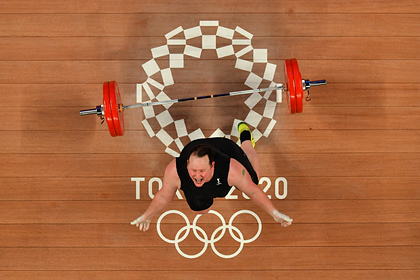
The International Olympic Committee (IOC) has released a set of guidelines for sports federations to participate in transgender competition. The document is available on the organization’s website.
The published document defines the basic principles of working with transgender people and persons with the opposite gender gender identity. In the opinion of the IOC, all athletes, regardless of gender, gender identity or status, should be eligible to compete. “Athletes should perform in the gender category in which they feel better,” the organization noted.
Detailed criteria for admission to competition must be established by the federations in each sport separately. An athlete will only be refused if it is proven that his advantage is unfair or that there is a possibility of harm to other athletes. The evidence must be strong and the inadmissible athlete will be able to appeal the decision to the Court of Arbitration for Sport (CAS). The committee recommends that athletes not be required to undergo testosterone tests. This figure is no longer a sufficient reason to refuse to participate in the competition.
In August, the International Skating Union (ISU) made a statement on transgender athletes. The organization said it has developed special rules for such athletes. To move from the women’s category to the men’s athlete, it is enough to write a written application, after which he will receive permission to compete. At the same time, athletes who begin hormone therapy will lose the opportunity to compete in women’s competitions.
For those who decide to change the male category to the female category, there are restrictions on the amount of testosterone in the body. Its level must not exceed five nanomoles per liter during the 12 months prior to the first competition and during the entire subsequent competition period.
Kingston is an accomplished author and journalist, known for his in-depth and engaging writing on sports. He currently works as a writer at 247 News Agency, where he has established himself as a respected voice in the sports industry.











